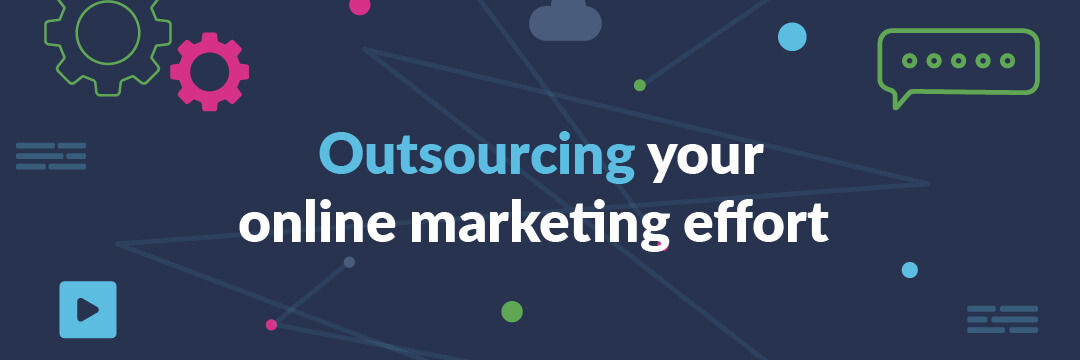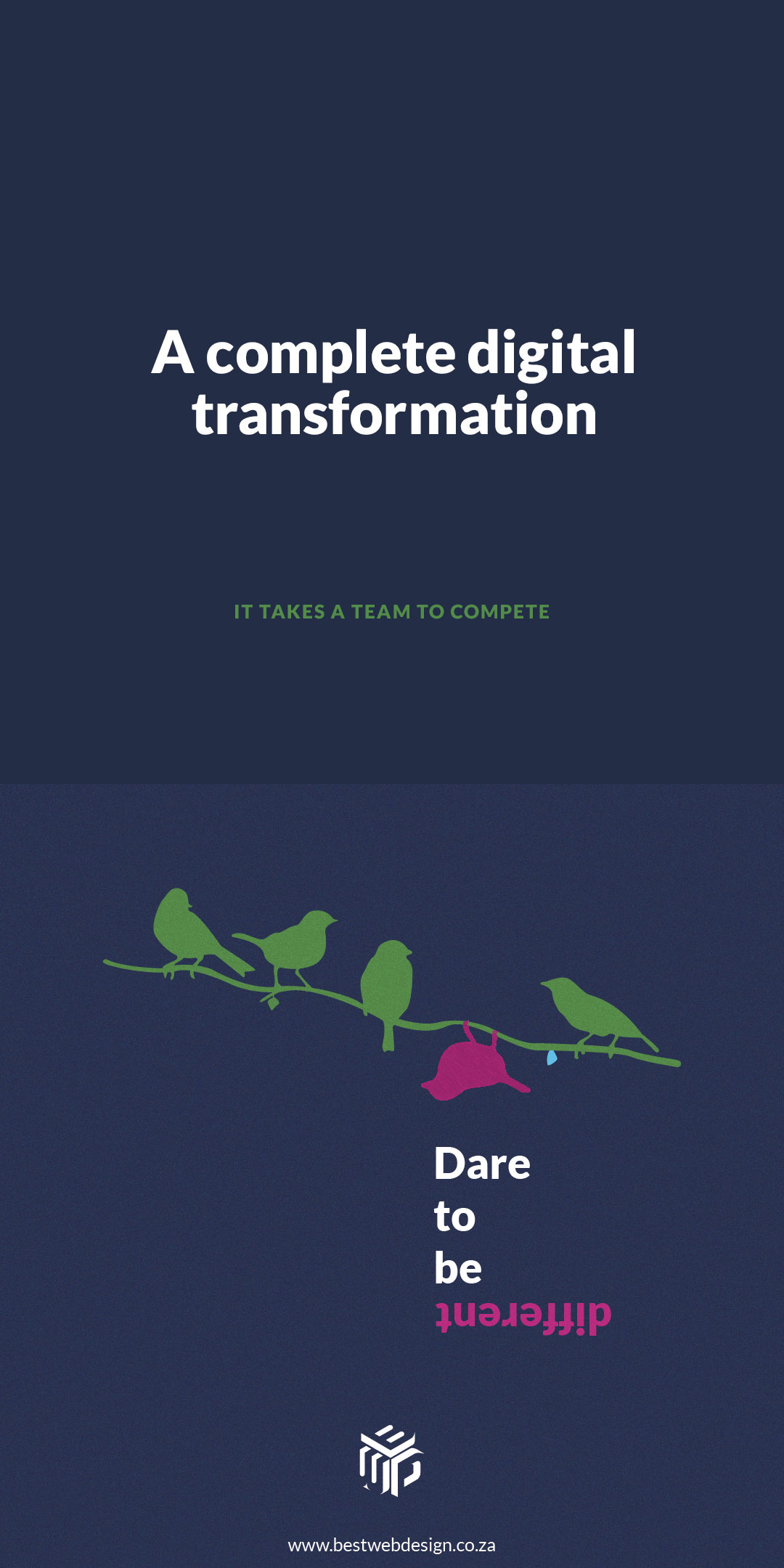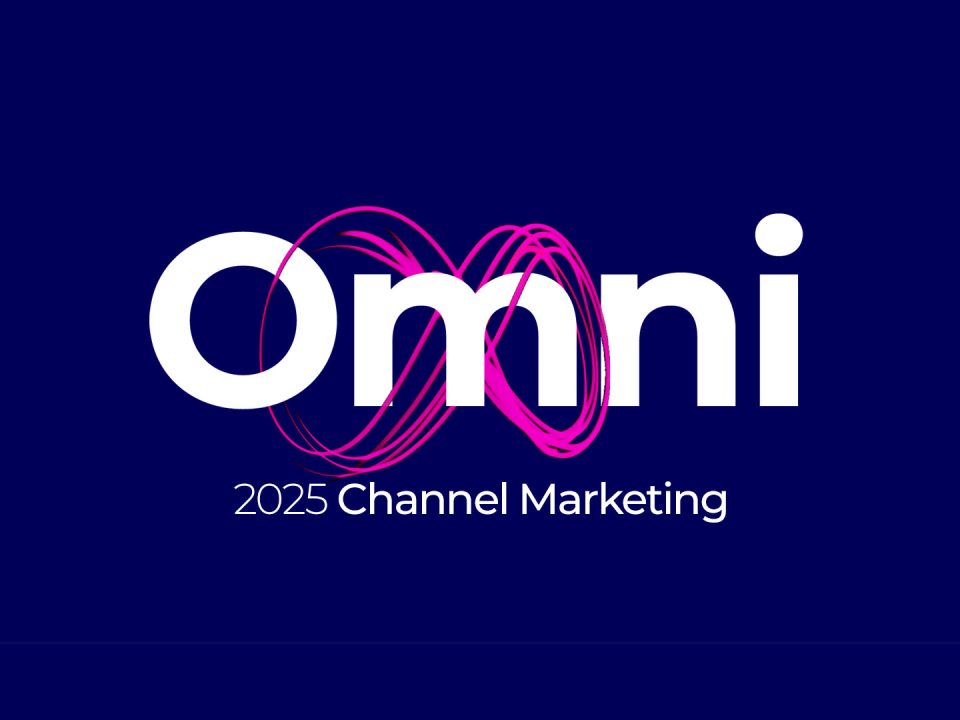
The GOST Framework
June 30, 2023
Email marketing trends that are yielding positive results
October 9, 2023Home » News » Article » Online Marketing News »
Signs It's Time to Outsource Your Online Marketing Efforts as a Business Owner
In today's digital age, online marketing has become crucial to any successful business strategy.
A business owner must have a robust online presence to attract and engage with customers. However, creating and executing effective online marketing campaigns can be time-consuming and require specialised skills and knowledge. This is where outsourcing your online marketing efforts can be a game-changer.
In this SEO article, we'll cover signs that it's time to outsource your online marketing efforts, how to evaluate online marketing expertise, essential resources for successful online marketing campaigns, strategies for consistent results, specialised skills for marketing success, and how to lay a solid foundation for scalability as a business owner.

First, let us discuss when you should consider outsourcing your online marketing efforts as a business owner. Some key indicators that it might be a good move for your business. When your business is experiencing one or more of the following situations:
-
Lack of expertise:
If the business owner or their in-house team needs more expertise to create and execute effective online marketing strategies, outsourcing to a marketing agency or specialist with the necessary skills and knowledge may be a good idea. -
Limited time and resources:
Suppose the business owner and their team are already stretched thin and need more time or resources to devote to online marketing. In that case, outsourcing can help to relieve the burden and free up time to focus on other essential aspects of the business. -
Inconsistent results:
If the business has been implementing online marketing strategies for some time but has yet to see consistent or satisfactory results, outsourcing to a marketing agency can help identify improvement areas and create a more effective strategy. -
Need for specialised skills:
If the business needs to implement a specialised online marketing strategy or campaign (such as influencer marketing, video marketing, or SEO), outsourcing to an agency with experience in that area can help to achieve better results. -
The desire for scalability:
If the business wants to scale its online marketing efforts but needs more in-house resources, outsourcing can provide access to a larger team with more resources and expertise.
Outsourcing online marketing efforts can be a good option for businesses looking to improve their online presence and increase their marketing ROI. However, it is crucial to carefully evaluate potential marketing partners to ensure they have the skills, experience, and resources to meet the business's goals and objectives.
How is online marketing expertise evaluated
Evaluating online marketing expertise can be challenging as it encompasses a range of skills and knowledge. However, there are several ways to assess a marketing agency or specialist's expertise in online marketing:
-
Portfolio and case studies:
One of the best ways to evaluate an agency's online marketing expertise is to review its portfolio and case studies. This will give you an idea of the types of campaigns and strategies they have executed and the results they have achieved. -
Certifications and credentials:
Many online marketing professionals and agencies have certifications or credentials that demonstrate their expertise in specific areas of online marketing, such as SEO, PPC, or social media. Look for certifications from reputable organisations such as Google or Facebook. -
Client testimonials and reviews:
Feedback from past and current clients can be a valuable resource when evaluating an agency's online marketing expertise. Look for testimonials or reviews on their website or third-party review sites such as Google or Yelp. -
Industry involvement:
An agency's involvement in the online marketing industry can also be a good indicator of its expertise. Look for agencies actively involved in industry events, speak at conferences, or publish articles or blog posts related to online marketing. -
Strategy and planning:
Finally, a good agency should be able to provide a clear and comprehensive online marketing strategy and plan tailored to your business's goals and objectives. This can help demonstrate their expertise in developing effective online marketing campaigns.
By evaluating an agency's portfolio, certifications, client testimonials, industry involvement, and strategy and planning, you can better assess their expertise in online marketing and make an informed decision when choosing a marketing partner.

What are essential resources needed for successful online marketing campaigns
Successful online marketing campaigns require various resources to achieve their goals and objectives. Some of the essential resources needed for successful online marketing campaigns include:
-
Quality content:
Whether it's blog posts, social media updates, videos, or infographics, quality content is the backbone of any successful online marketing campaign. The content must be informative, engaging, and relevant to the target audience. -
Website and landing pages:
A well-designed website and landing pages are essential to convert website visitors into leads or customers. They must be easy to navigate, visually appealing, and optimised for search engines. -
Email marketing:
Email marketing is a cost-effective way to reach and engage with customers. Having an email list, creating engaging content, and using tools to automate the process are essential. -
Search engine optimisation (SEO):
SEO is a crucial aspect of online marketing that optimises your website and content to rank higher in search engine results pages. This involves keyword research, on-page optimisation, and link building. -
Pay-per-click (PPC) advertising:
PPC advertising allows businesses to target specific keywords and demographics to drive traffic and conversions. It's essential to have a well-crafted ad copy, landing pages, and a well-planned budget and bidding strategy. -
Social media marketing:
Social media platforms offer an excellent opportunity to engage with customers and build brand awareness. It's essential to have a strong presence on relevant social media channels and to create engaging content that resonates with your target audience. -
Analytics and tracking:
Analytics and tracking tools are essential to measuring the effectiveness of your online marketing campaigns. These tools can help you monitor website traffic, track conversions, and identify areas for improvement.
With these essential resources, businesses can create and execute successful online marketing campaigns that achieve their goals and objectives.
How can marketing campaigns yield consistent results
Consistency is critical when it comes to successful marketing campaigns. Here are some strategies that can help marketing campaigns yield consistent results:
-
Define clear goals and objectives:
The first step in creating a consistent marketing campaign is to define clear goals and objectives. This will help guide your efforts and ensure your team works towards a common goal. -
Develop a cohesive brand message:
Your brand message should be consistent across all channels and touchpoints. This includes your website, social media channels, email marketing, and advertising. Consistency in messaging helps to build brand awareness and recognition. -
Use data to inform decisions:
Data-driven decision-making is crucial to creating a consistent marketing campaign. Use analytics and tracking tools to measure the effectiveness of your campaigns and make informed decisions based on the data. -
Test and optimise campaigns:
Testing and optimisation are essential to ensuring consistent results in your marketing campaigns. Experiment with messaging, creativity, and targeting to find what works best for your target audience. -
Utilise automation:
Automation can help streamline your marketing efforts and ensure consistency. This includes automated email campaigns, social media scheduling, and lead nurturing workflows. -
Collaborate and communicate:
Consistency in marketing campaigns requires collaboration and communication between all stakeholders. Ensure everyone is on the same page and has access to the same information and resources.
By following these strategies, marketing campaigns can yield consistent results over time, building brand awareness, generating leads, and driving revenue. It's important to remember that marketing is an ongoing process and requires continuous effort and optimisation to maintain consistency and effectiveness.

What are some of the more specialised skills that set online marketing agencies up for success
Many specialised skills can set online marketing agencies up for success. Here are some of the key ones:
-
Search engine optimisation (SEO):
SEO is a specialised skill that optimises a website and its content to rank higher in search engine results pages. This includes keyword research, on-page optimisation, link building, and technical SEO. -
Pay-per-click (PPC) advertising:
PPC advertising is a specialised skill that involves creating and managing campaigns on platforms such as Google Ads, Facebook Ads, and LinkedIn Ads. This includes keyword research, ad copywriting, targeting, and bidding strategies. -
Content marketing:
Content marketing is a specialised skill that involves creating and distributing valuable, relevant, and consistent content to attract and engage a target audience. This includes blog posts, social media updates, videos, and infographics. -
Social media marketing:
Social media marketing is a specialised skill that involves creating and managing campaigns on social media platforms such as Facebook, Instagram, Twitter, and LinkedIn. This includes content creation, community management, and social media advertising. -
Email marketing:
Email marketing is a specialised skill that involves creating and managing email campaigns to engage with customers and drive conversions. This includes email list building, email automation, and email copywriting. -
Analytics and data analysis:
Analytics and data analysis is a specialised skill that involves using tools to measure marketing campaigns' effectiveness and identify improvement areas. This includes Google Analytics, A/B testing, and conversion rate optimisation. -
Web design and development:
Web design and development is a specialised skill that involves creating and managing websites that are visually appealing, user-friendly, and optimised for search engines.
With these specialised skills, online marketing agencies can create and execute successful marketing campaigns that achieve their client's goals and objectives. Businesses need to choose an agency with expertise in the areas most relevant to their marketing goals.
How do I lay a solid foundation for scalability as a business owner
Laying a solid foundation for scalability is critical for businesses that want to grow and succeed over the long term. Here are some strategies that business owners can use to set themselves up for scalability:
-
Plan for growth:
A solid foundation for scalability begins with planning for growth. This includes setting clear goals and objectives, identifying key performance indicators (KPIs), and creating a roadmap for achieving growth. -
Build a strong team:
Scalability requires a strong team that can handle increased responsibilities and workloads. This includes hiring the right people, providing training and development opportunities, and creating a positive and supportive work environment. -
Automate processes:
Automation can help streamline processes and save time and resources for growth initiatives. This includes automating marketing, sales, and customer service processes, as well as implementing tools for project management and collaboration. -
Leverage technology:
Technology can help businesses scale more efficiently and effectively. This includes using cloud-based tools for storage and collaboration, implementing customer relationship management (CRM) software, and utilising artificial intelligence and machine learning. -
Focus on customer experience:
Customer experience is critical to business growth and scalability. This includes providing excellent customer service, listening to customer feedback, and continually improving products and services based on customer needs and preferences. -
Maintain financial stability:
Scalability requires financial stability and planning. This includes managing cash flow effectively, keeping costs under control, and investing in growth initiatives that offer a strong ROI.
By implementing these strategies, business owners can lay a solid foundation for scalability and position themselves for success as they grow and expand.
In conclusion, outsourcing online marketing efforts can help businesses improve their online presence, increase their ROI, and focus on their core competencies. When considering outsourcing, it's essential to carefully evaluate potential partners based on their expertise, resources, and experience.
Businesses can create and execute successful online marketing campaigns that drive growth and revenue by utilising essential resources, specialised skills, and consistent strategies. And by laying a solid foundation for scalability, business owners can position themselves for long-term success and growth.






